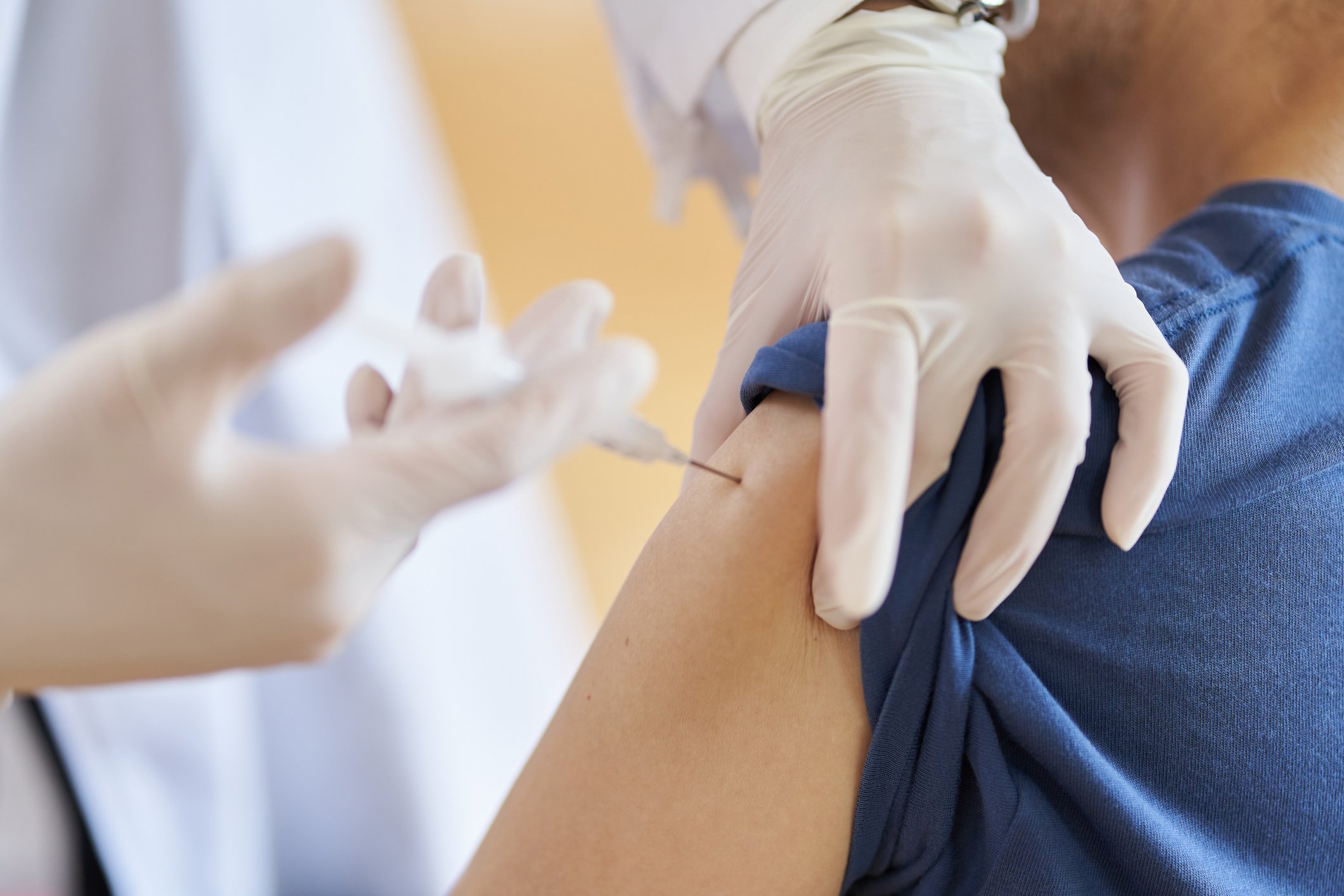What happened
Several small-cap pharma stocks are tossing and turning today as investors grapple with a steady stream of news updates concerning the Wuhan coronavirus outbreak.
Shares of Inovio Pharmaceuticals (INO 1.77%) and Novavax (NVAX 0.96%) fell as much as 10.1% and 12.7%, respectively. Both companies have announced efforts to develop a vaccine for the coronavirus strain, 2019-nCoV, and enjoyed boosts to their stock prices in recent days. Meanwhile, shares of VBI Vaccines (VBIV +0.00%) gained as much as 14.2% today, although the company has not been formally linked to coronavirus vaccine development work.
As of 2:38 p.m. EST, all three stocks had settled off their most extreme moves of the day. Shares of Inovio Pharmaceuticals were down 7.3%, shares of Novavax were down only 4.2%, and shares of VBI Vaccines were up 9.2%.

Image source: Getty Images.
So what
On the one hand, there are noteworthy developments stemming from the ongoing coronavirus outbreak in China. The Chinese government has quarantined over 35 million people to limit person-to-person contact and reduce the spread of the virus. The global economy could suffer a temporary lull if the outbreak hits China's swelling consumer economy or industrial base for a sustained period of time.
On the other hand, the media's coverage of the outbreak appears to be far outstripping its significance. As of Wednesday, Jan. 29, there had been 6,065 confirmed cases of and 132 confirmed deaths from the Wuhan coronavirus across the globe. Those numbers suggest a mortality rate of 2.2%, which is far below the suggested mortality rate just one week ago and those of other coronavirus outbreaks in recent decades. For example, Severe Acute Respiratory Syndrome (SARS) in 2003 and Middle Eastern Respiratory Syndrome (MERS) in 2012 had mortality rates of roughly 10% and 35%, respectively.
Similarly, while it appears that anyone can become ill with and spread the Wuhan coronavirus, most or all deaths have occurred in individuals who are older, are very young, or have compromised immune systems. The affected patient population is similar to seasonal influenza -- "the flu" -- which results in an average of 28.6 million illnesses and 37,400 deaths each year in the U.S. alone. An estimated 70% to 85% of flu-related deaths occur in individuals over the age of 65.
The blunt reality of the situation suggests investors shouldn't get too carried away by viewing the coronavirus outbreak as an investing opportunity. That realization could explain why shares of Inovio Pharmaceuticals and Novavax, which have gained 25% and 73%, respectively, since the beginning of 2020, have tumbled this week.
Inovio Pharmaceuticals, valued at $415 million, announced it had received a $9 million grant from the Coalition for Epidemic Preparedness Innovations (CEPI) to develop a coronavirus vaccine. While the company has experience with coronaviruses (it's currently developing a MERS vaccine), vaccine development is a long and slowly traveled road (the MERS vaccine has been in development since 2013).
Novavax, valued at $220 million, took advantage of the news cycle and announced it was developing a coronavirus vaccine. But the business began the year with a market valuation of only $120 million and few commercial prospects.
Meanwhile, it doesn't appear that VBI Vaccines, valued at $265 million, has been formally tied to the coronavirus. That may have actually hurt the stock price, as shares peaked on Jan. 13 and have slowly tumbled since, although investors have been speculating that the company might be able to throw its hat into the ring. Likely or not, the small-cap company recently announced promising results from a study pitting its experimental hepatitis B vaccine against one from GlaxoSmithKline. That could put VBI Vaccines on the road to meaningful revenue generation this decade -- and probably more than most companies will ever generate from a coronavirus vaccine.
Now what
The Wuhan coronavirus is dominating headlines now, but nothing suggests it will transform into a global health pandemic. After all, the seasonal flu killed an estimated 61,000 individuals in the U.S. last year, and few investors flinched. Therefore, the safest bet is to ignore pronouncements from companies suggesting that the ongoing coronavirus outbreak will move the needle financially. In the end, that's very likely to be the case.








